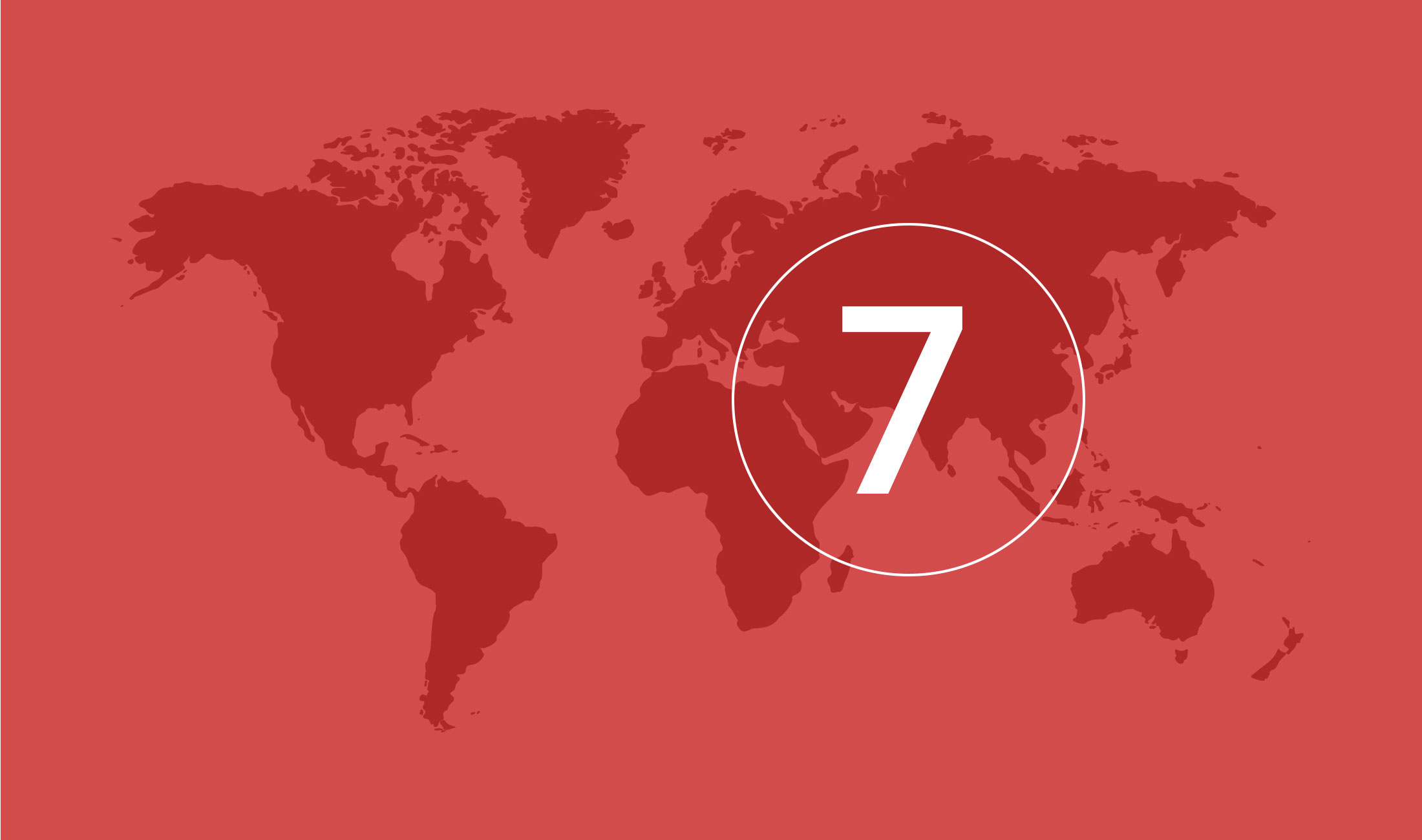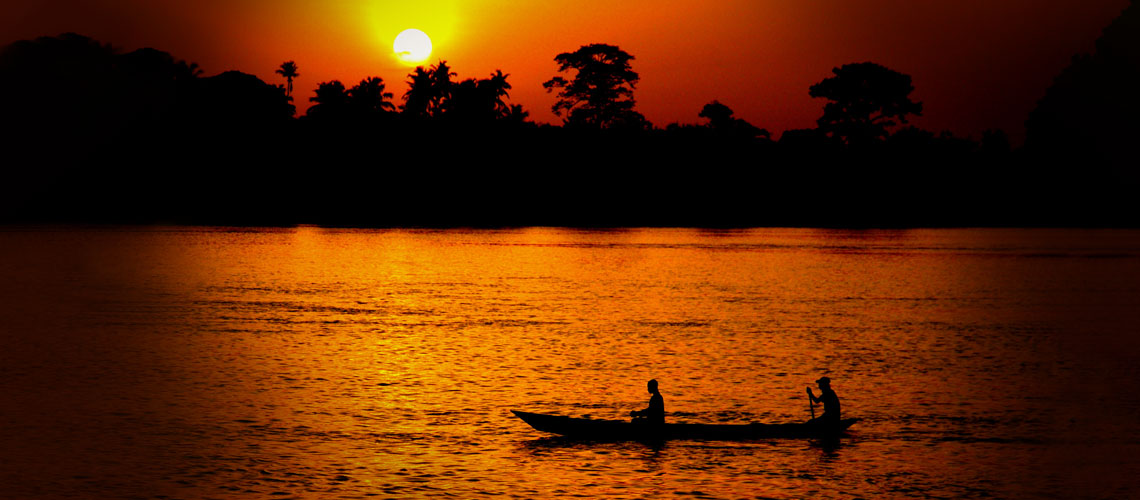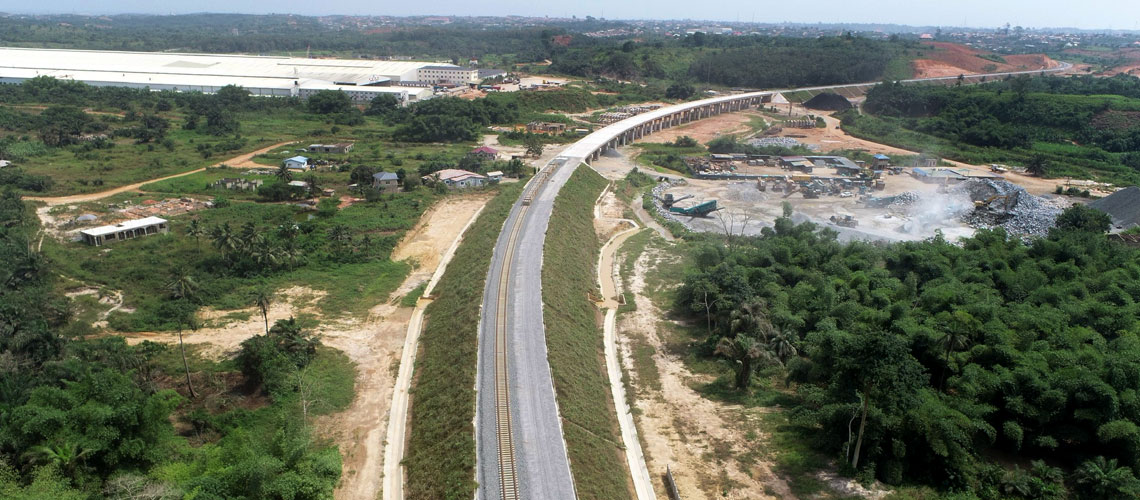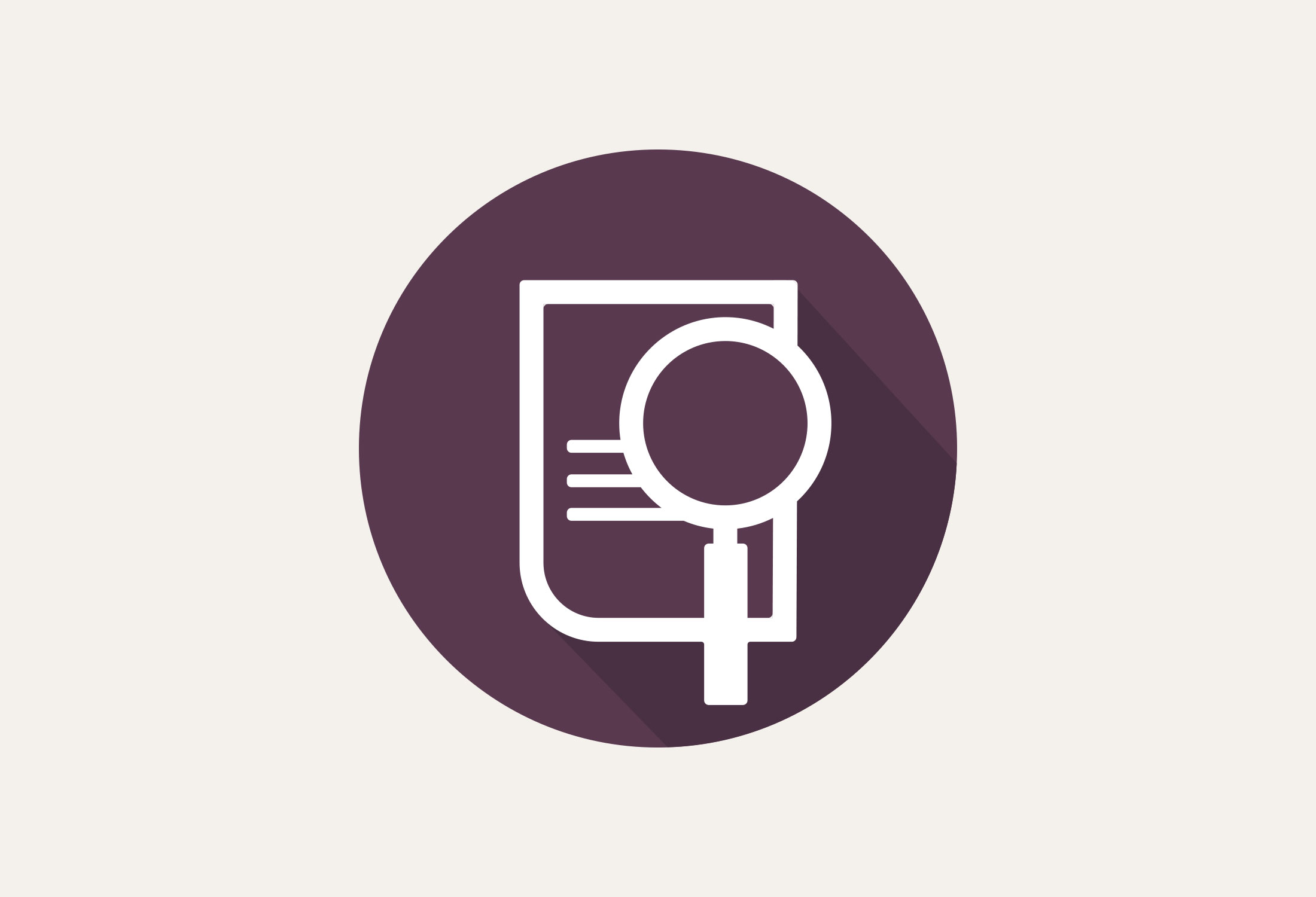
Ghana
Category
7
- 0
- 1
- 2
- 3
- 4
- 5
- 6
- 7
| Risk type | Short | Long |
|---|---|---|
| Sovereign |

|

|
| Public |

|

|
| Bank |

|

|
| Corporate |

|

|
The icons indicate EKN's risk assessment.

No policy established

Normal risk assessment

Restrictive risk assessment

Normally off cover

OECD or EU countries
Country risk analysis
Country risk analysis archive
Country Risk Analysis of Ghana
The latest Country Risk Analysis of Ghana was issued in February 2024.
Background
Over the past decade, Ghana has achieved an average GDP growth rate of around five percent per year. Gold and cocoa exports have historically played a key role in this growth, while oil exports have increased in recent years.
Agriculture forms a substantial part of the economy, with export revenues comprising approximately 40 percent from gold and around 30 percent from oil, with cocoa exports accounting for about 10 percent. Overall, the economy is relatively dynamic, which, combined with relatively strong institutions, represents the country’s core strengths.
While there has been a gradual weakening of the country’s institutions and freedom of expression over the past decade, the risk of Ghana being swept up in the anti-democratic wave affecting the Sahel region is still considered low. Since 1992, peaceful transfers of power have occurred regularly, with violence rarely accompanying these transitions. According to the World Bank’s Worldwide Governance Indicators, Ghana’s economic institutions rank around the global median.
Ghana’s weaknesses lie primarily in its public finances. Low revenues, coupled with high spending, have led to recurrent budget deficits, unsustainable debt financing, and repeated IMF programmes. The country’s historically weak budget discipline means the current IMF support marks the eighteenth programme since independence in 1957.
Both the ruling NPP party and the opposition NDC party have, during their respective tenures, been guilty of mismanaging public finances. Ghana received substantial debt relief in the early 2000s under the HIPC (Heavily Indebted Poor Countries) initiative. Due to deteriorating public finances, EKN downgraded Ghana to country risk category 7 in June 2022 and closed to sovereign risks in September of the same year.
The oil and gas industry is crucial for maintaining a high growth rate, posing a degree of transition risk, especially as Ghana is a high-cost producer of oil and gas. Low-income levels and a large agricultural sector also increase vulnerability to climate-related risks, particularly droughts and storms. In the University of Notre Dame’s ND-GAIN index, Ghana ranks slightly above average in terms of vulnerability to climate change (112/187 in 2022).
Glimmers of Stability in Ghana’s Economy
Ghana’s economy has shown some signs of stabilisation in 2024, aided by IMF support and the restructuring of domestic public debt. An agreement in principle for restructuring external bilateral debt has been reached, and Ghana has settled with private external creditors, primarily Eurobond holders. For bilateral creditors, including EKN, the agreement involves deferred payments during the IMF programme period from 2023 to 2026, providing a modest flow relief. There are some signs of recovery in the economy, albeit from a low base.
Inflation has dropped from over 50 percent at the beginning of 2023 to just above 20 percent in September 2024, leading to a central bank rate cut in 2024 to 29 percent—the first reduction since May 2021.
On the external front, foreign reserves have recovered to USD 6.9 billion, covering just over three months of imports. IMF disbursements, remittances, strong inflows from gold exports, and suspended external sovereign payments have contributed to the reserve’s recovery. Stabilised oil prices, along with historically high gold and cocoa prices, create a basis for growth in the coming years.
The latest IMF forecast anticipates growth to increase to an average of just under four percent annually between 2025 and 2027, a positive signal. However, the presidential election in December 2024 could be followed by protests—there are already reports of electoral irregularities—though it is expected that the election will uphold Ghana’s democratic tradition. The opposition leader and former president Mahama (NDC) appears to have a slight advantage over the ruling party’s candidate, the current vice president Bawumia (NPP).
Country risk remains elevated compared to pre-crisis years. Domestic and external debt restructuring agreements do not automatically mean the public finance crisis is over. Public debt still equals 500 percent of budget revenues, with roughly one-third of state revenues going to interest payments, a very high level. There is a clear risk that the external debt restructuring underway may be insufficient to restore long-term stability, that key reforms may fail to materialise, and that the government may revert to the high spending levels seen before the crisis.
The fundamental issue with public finances is low tax revenue, equivalent to just under 15 percent of GDP, combined with chronically weak budget discipline. Neither presidential candidate provides assurance of improved budget discipline, and increased poverty following the pandemic and recent high inflation may tempt the next administration into expansionary fiscal policies. The need for investment in infrastructure, education, and healthcare remains substantial, which contrasts sharply with the fiscal tightening required.
Risk premiums on Ghana’s Eurobonds are close to 2000 basis points, nearly twice the level generally considered profitable for borrowing. This indicates continued scepticism from international private investors, which is also reflected in the currency. The cedi, which stabilised in the months following the IMF agreement at 11-12 cedis per USD, is now trading at just over 15 cedis/USD— a historically low level.
The ongoing economic crisis is also reflected in the construction sector, where cement sales are down by 30 percent compared to 2022, according to the central bank, and in the banking sector. Due to the domestic restructuring of public debt, the average non-performing loan (NPL) ratio has risen to over 25 percent, while the average capital adequacy has decreased by six percentage points to just over 14 percent.
Business environment
High growth, relatively strong institutions, and a focus on transparency and international trade have made Ghana a favoured destination for companies in the West African region. Under normal circumstances, hard currency liquidity is good, allowing businesses general access to hard currency with the proper documentation.
In terms of corruption, Ghana ranks at a medium level in the Worldwide Governance Indicators, significantly better than the regional average. A contributing factor is the relatively free and investigative media present in the country. However, from a global perspective, the business environment remains challenging. The country’s bureaucracy is extensive, with clear deficiencies in the administration of government duties.
The transparency and predictability of government directives and regulations fall short of international standards. Legal proceedings, such as handling court cases and bankruptcies, can be time-consuming and unpredictable in outcome. However, EKN’s experience indicates that, for example, the repossession of equipment through the legal system functions reasonably well.
Due to hard currency shortages, high inflation, high interest rates, a volatile currency, and weaker growth, the business environment has deteriorated significantly from 2022 to 2024. According to the central bank, the average lending rate in June 2024 was over 30 percent, notably higher than in the years before the economic crisis. Currently, it is also more challenging for companies to secure hard currency than usual, as EKN has observed in several transactions.
Hard currency is available within the banking system, but at a premium, and banks often provide buyers with only a portion of the hard currency required to cover invoice amounts. Similar to other African markets, companies with their own hard currency revenue streams have an advantage in accessing hard currency through the banking system.
In EKN’s experience, it is also easier to secure USD compared to EUR, making transactions in US dollars preferable. Given the public finance issues, the risk of delayed payments from public entities is particularly high at present.
Transactions involving companies reliant on public entities for their revenue are therefore considered especially risky. Additionally, risks have increased within Ghana’s banking sector due to the restructuring of domestic public debt.
EKN’s policy
Ghana remains in country risk category 7. Since September 2022, EKN has been closed to direct risks on public buyers. For such transactions, a letter of credit or bank guarantee is required. Elevated premium rates have applied to bank and corporate risks since December of the same year, meaning a higher starting point in premium pricing than usual.
EKN’s commitment and experience
Sovereign risks comprise the majority of EKN’s engagements but have decreased due to halted loan disbursements and cancelled offers. All EKN’s sovereign risk transactions are included in the bilateral debt restructuring and are managed within the Paris Club framework. However, most transactions in the country involve private buyers, with approximately thirty transactions annually, primarily in the mining and transport sectors.
Payment experience has deteriorated during the crisis, particularly in the paper industry, where two buyers account for the majority of delays. Claims settlements amounting to just over SEK 11 million have been made within this sector to date. Other outstanding claims mainly relate to older transactions within the mining and transportation industries.
Learn more about exporting to Ghana

- Sustainability
- Financing
“Water is life”
A water treatment project in Ghana provides 400,000 with clean drinking water and reduces the need to walk long distances to fetch water. “EKN and SEK were important to help structure a competitive financing structure”, says Desislava Radeva at Standard Chartered Bank.
“Water is life”
- Sustainability
- Financing
Fast track to growth in Ghana
In Ghana, EKN-backed financing enables the biggest railway investment since independence. The project will boost exports, create new jobs and add to sustainability by shifting cargo from road to rail.
Fast track to growth in Ghana
- Sustainability
- Bank
- Financing
Paving the way for progress
Cocoa, gold and oil, coupled with political stability, has placed Ghana in the top tier of African economies, but the quality of the infrastructure hasn’t quite kept up. That’s about to change.
Paving the way for progressMore for companies that want to export to Ghana

EKN's guarantees
EKN's guarantees reduce the risk of payment defaults and help banks support businesses. Which guarantee suits your needs?
EKN's guarantees
Guarantee guide
Are you unsure which guarantee is the best fit for your specific transaction? Try our guarantee guide.
Guarantee guide